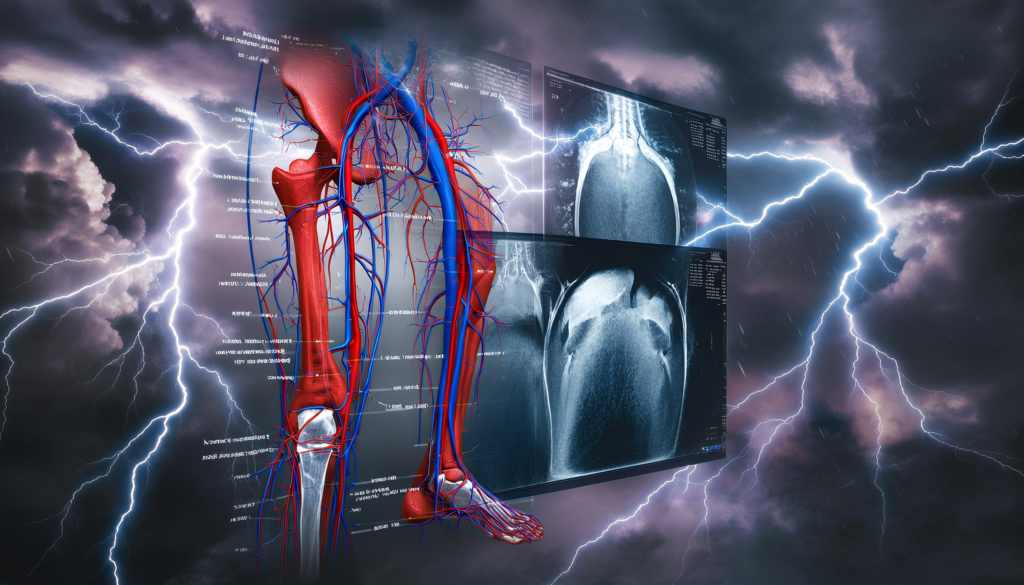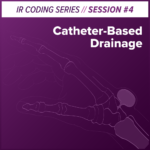In recent years, generative artificial intelligence (GenAI) has passed medical exams, diagnosed complex cases, and even come up with ways to combat a pandemic.
In fact, large language models (LLMs) such as GPT-4, Google’s BARD, and BioGPT now perform complex tasks that can completely transform clinical decision-making and enhance administrative efficiency. Unsurprisingly, spending on GenAI in healthcare is expected to reach $22.1 billion by 2032, driven by the demonstrated value in improving diagnostics, replicating patient responses, simulating disease progression, and synthesizing datasets for testing and training.
Let’s pivot to revenue cycle management (RCM), which has a very strong case for the application of GenAI and LLM in healthcare.
The financial backbone of healthcare, RCM, entails everything from payments and pre-authorization before treatment to reimbursement, compliance, and interoperability with other systems. This flow of revenue from patient encounters to post-discharge management has grown even more complicated with evolving regulations, data overload, shifting payment models, and increasing patient financial responsibility.
This is where GenAI can be a game-changer by managing and processing the intricate web of unstructured data across clinical notes, insurance claims, diagnostic images, medical charts, and more.
In simple words, it goes beyond note-taking and summarizing. GenAI can streamline administrative tasks and process vast amounts of clinical data at a rapid pace. The result? Efficient decision-making and enhanced patient care efficiency, with real-time quality checks and improved overall revenue cycle management.
GenAI can also optimize tasks like medical billing for precision and cost-effectiveness while predicting outcomes, and LLMs can assist with automating billing, coding, and clinical documentation improvement (CDI). On top of that, it promises an RCM devoid of errors, with personalized recommendations to improve specific areas!
I have done extensive research as I began my journey in earnest several years ago vetting the plethora of autonomous coding start-ups, along with conventional computer-assisted coding (CAC) players who now state that they have upgraded their technology platforms to ingest and leverage LLM to generate “on the fly” operations: a complete, compliant, and accurate code set following the reading of the record, instead of a document approach, which requires care and feeding. This technology can also be leveraged to advance clinical documentation approaches, either interactively, providing insights to CDI specialists, and/or the provider, infusing the workflow to lessen the resource toll.
My colleagues and their healthcare systems, along with my past integrated delivery and academic healthcare enterprises, are open to exploring advanced AI in these areas, along with RCM, as evidenced by a recent 2024 survey by Clarivate revealing that 15.8 percent of the 111 hospitals they surveyed have either piloted or are expanding the use of AI.
On the flip side, as I drilled into the coding/CDI concerns, the results demonstrated that many organizations are more comfortable with conventional technology (CAC, NLP, etc. versus next-generation AI), possibly stemming from confusion in the industry regarding generative versus LLMs and its applicability to coding versus clinical documentation/voice capture.
As we unpack the confusion in the coding/CDI marketplace, and as we fend off claims from vendors that seem unrealistic and possibly risky, let’s delve into what is needed to support the next generation of coding automation.
AI teaches a system to do intelligent things.
Machine learning (ML) teaches a system that can learn from experience to do intelligent things.
Deep Learning (DL) teaches a system to be intelligent, learn from experience, and understand human language.
LLMs are trained on massive amounts of data, and can understand and generate human text content.
Generative AI can create diverse content types, such as generating realistic images based on patterns.
Therefore, for the next generation of coding AI, we need ML, DL, and LLM. However, we don’t want the bot to go off the reservation and create new codes or documentation that doesn’t exist from what has been uploaded.
In my next article, I will summarize our journey from NLP/CAC and the value in embracing the evolution to leveraging LLMs. We can then discuss use cases for CDI and coding, leveraging LLM to realize some impressive outcomes.
Next, we can discuss how to choose a partner and highlight some implementation best practices. Finally, I will emphasize the need for governance to underpin these advancements and ensure that effective guardrails are in place, along with a summary of best practices and next steps.
This is a multi-faceted, complex evolution for coding and CDI operational leaders, and to set ourselves up for success, we need to make sure that we go into this new technology journey with our eyes wide open and carefully weigh our options. We also must be clear on what problems and challenges we hope to solve and improve.
As with any new initiative, make sure that not only do you have the support of your stakeholders, but you also road-test the technology with your coding experts, and don’t be afraid to perform a proof of concept with a potential partner.
I will provide you with a best-practice strategy and approach as you begin your journey.













